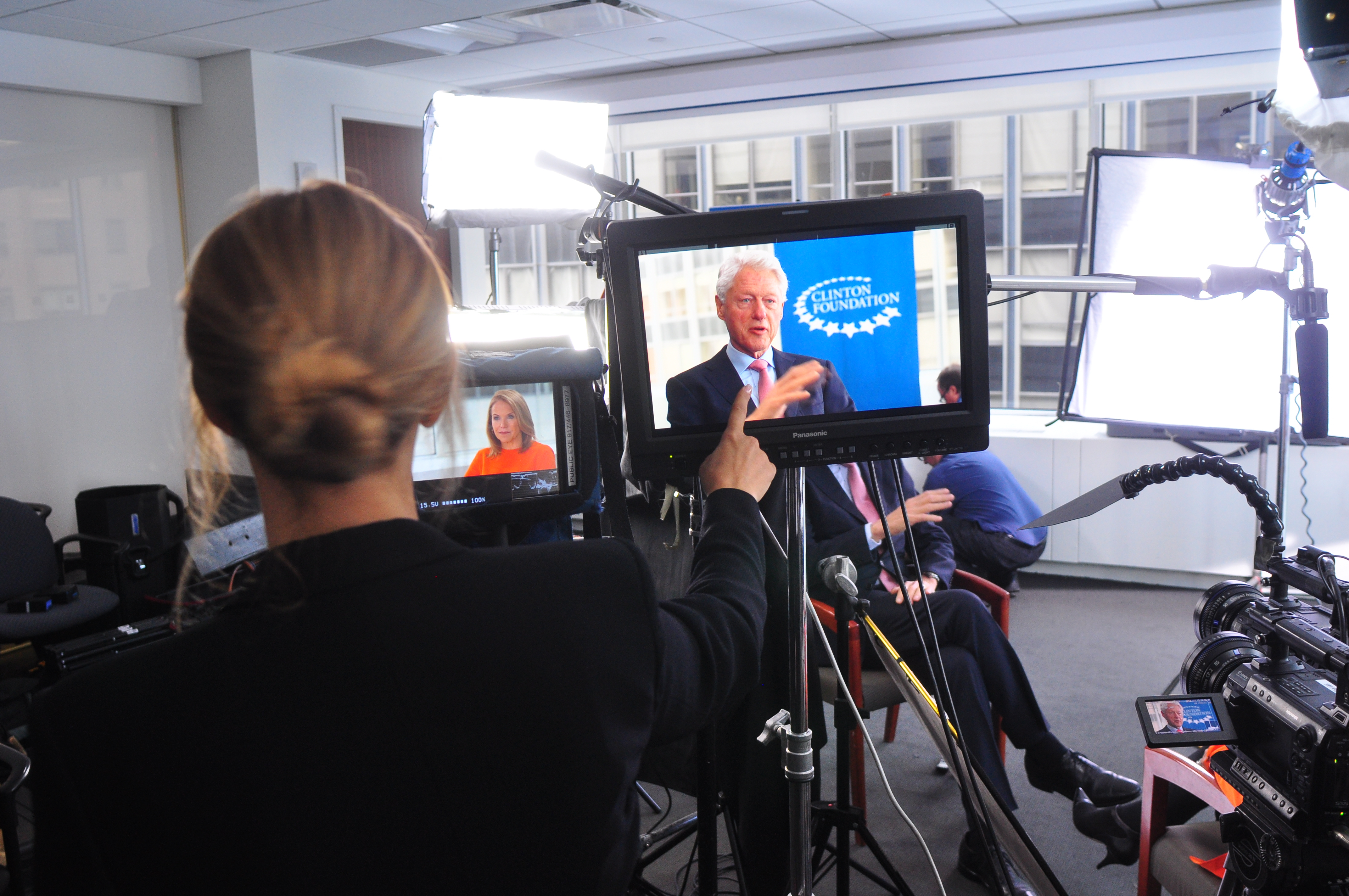Fed Up
Opens Fri., May 9 at Varsity. Rated PG. 92 minutes.
Grocery shopping is already hard enough: budgeting for family meals, Safeway coupons, Costco memberships, the guilt of an occasional stop at McDonalds. Then there are the hectoring experts who tell us we’re poisoning our kids with excess salt, sugar, and fat. Add to that the food documentary, a burgeoning genre to which producers Katie Couric and Laurie David (An Inconvenient Truth) now make their contribution, and you begin to feel like moving to a desert island to subsist entirely on coconuts. (Don’t tell me there’s a health risk there, too; I don’t want to hear it.)
Narrated by Couric, Stephanie Soechtig’s advocacy doc is slickly made, studded with food gurus (Michael Pollan, Marion Nestle, etc.), and sympathetic to the sad young teens we see struggling with obesity. “It’s passed on from generations,” says a South Carolina kid, most of whose family is also overweight. Yet heredity is only part of our four-decade obesity epidemic, which the filmmakers convincingly trace back to a collision between industry and regulators.
On the one hand, the FDA is supposed to keep our food healthy. On the other, the USDA’s goal is basically to sell as much food as possible—including corn; and from that, high fructose corn syrup. Which side do you suppose is winning? “It’s fair to say the U.S. government is subsidizing the obesity epidemic,” says Pollan, who then pauses a beat. “Indirectly.”
The new American norm of gluttony, sloth, and diabetes is “the result of the biochemistry, not the cause,” says UCSF’s Dr. Robert Lustig. In plainer terms, as a chubby Houston teen despairs, “Your brain’s telling you, ‘Eat! Eat! Eat!’” That’s because the processed food industry has so successfully engineered its products since the ’70s to be addictive yet never sating. Willpower counts for little (ask any alcoholic or junkie). And despite the efforts of Michelle Obama, whose Let’s Move initiative is roundly debunked here, “We are not going to exercise our way out of this obesity problem,” says one nutritionist. Exercise is just another panacea, like “low-fat”—and a smokescreen by the food industry to distract from its culpability. (Parallels to Big Tobacco are explicitly drawn.)
Fed Up ends with an appeal for better labeling (especially concerning sugar), federal standards for sugar and salt content, a tax on soda pop, and a ban on such advertising to kids. But don’t expect candidate Hillary to mention any of those ideas—especially to her donors. Instead, Fed Up presents another dismaying example of regulatory capture by industry. As our weight goes up, so do profits.
bmiller@seattleweekly.com








